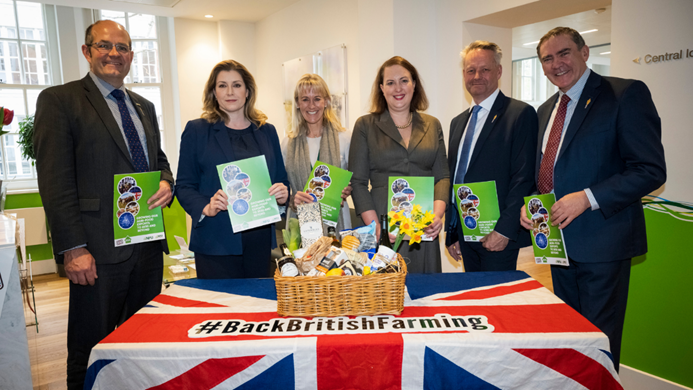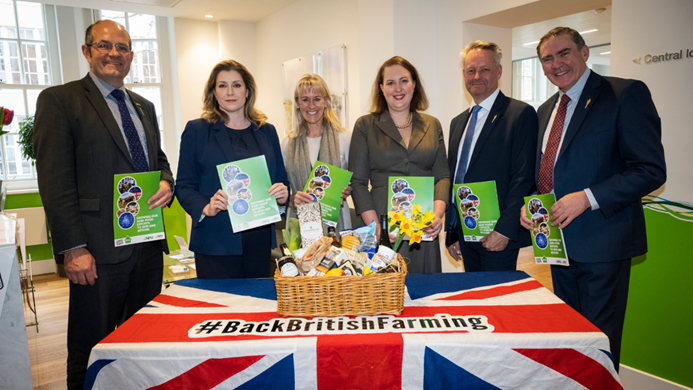 Agri-food exports could grow 30% by 2030, according the a new export strategy released by the NFU.
Agri-food exports could grow 30% by 2030, according the a new export strategy released by the NFU.
If successful, this would take the the total value of UK agri-food exports to over £30 billion.
The new ’30, 30, 30+’ ambition is designed to be achieved in partnership with government and should be a driving force to showcase the fantastic British brand and put British food on plates across the world, said the union.
The strategy contains a 10-point plan to make this ambition a reality, which includes:
- Identify and unlock target markets – remove market access barriers through FTA negotiations and appoint an agri-food exports government minister.
- Invest in technical expertise at home and abroad – match-fund farmer and processor levy contributions to the Agriculture and Horticulture Board (currently £6.6m) and ensure the UK’s new agricultural attaches have sufficient resources.
- Marketing and promotion – review current marketing and promotional activities for agri-food exports, particularly under the GREAT campaign.
Iconic products
“The premium quality of British food is recognised all around the world,” said president Minette Batters. “Our iconic products, such as Cheddar cheese and British lamb, are not just known for their quality, but the high standards and sustainability they are produced to.
“As we enter a new world where the UK aims to be a major player in global trade, and our farmers will be facing much more competition from imports, now is the time to drive our agri-food exports. There are some fantastic opportunities for Britain in our new trading relationships and for British food and farming.
With an estimated 2 billion more middle class consumers by 2050, Minette added that there will be appetite to buy British food around the world. “Our farmers can offer the quality, innovative and premium products they demand.”
Ambitious
“British farmers are ambitious,” she said. “We want to work with the government to increase our agri-food exports by 30% by 2030 and see tangible progress. The 10-point plan we have put together can help achieve this, but it needs commitment and resource from government to enable this growth.
“We also shouldn’t be afraid to take a leaf out of our competitors’ playbooks either. The likes of Australia, New Zealand and the USA are competitive exporters because they put the experts and resources into their target markets. That’s something our government should be looking to emulate and work with farmers to achieve.”
- Read the Export Strategy here. It was launched at an event at the NFU’s London office in Westminster on Wednesday 27 April 2022.




